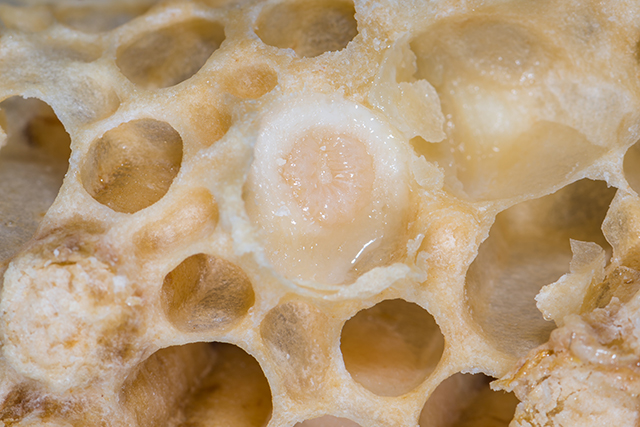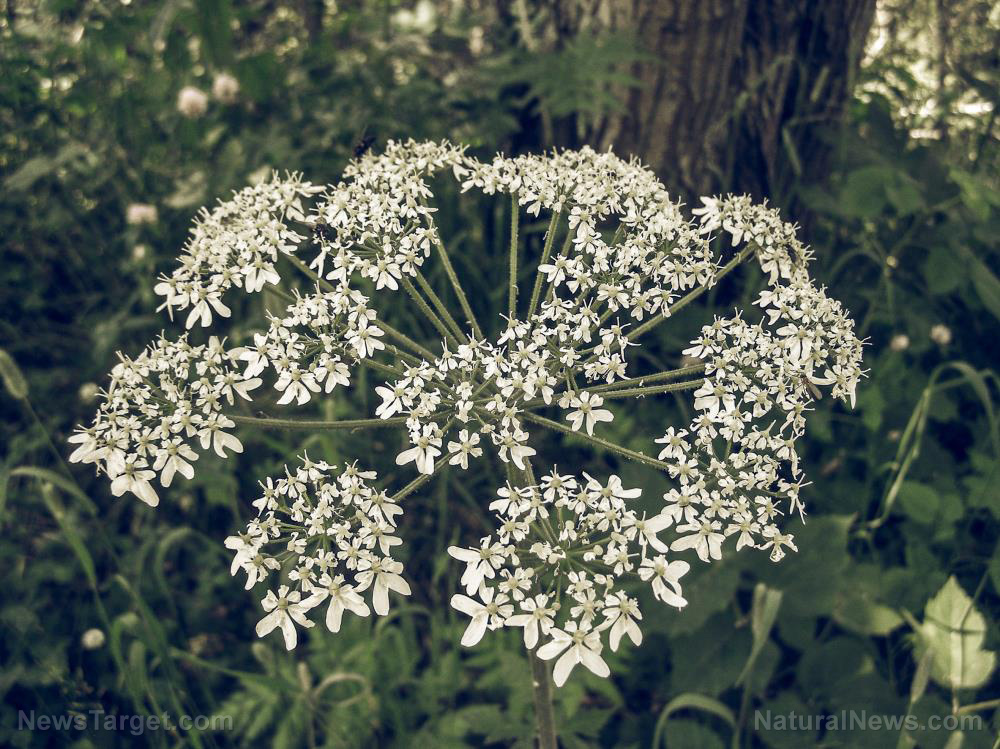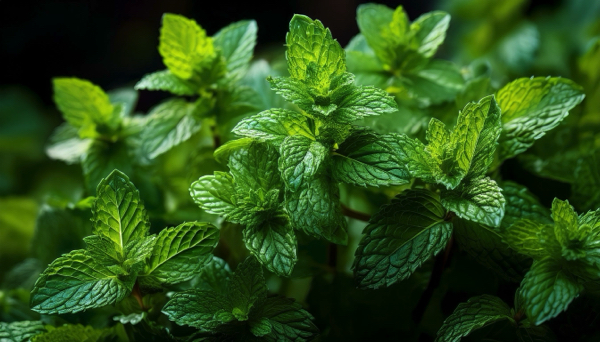Turmeric (curcumin) shown to possess a powerful anti-aging effect
12/12/2024 / By News Editors

The latest, and most likely, program theory of aging is the telomere shortening theory. Telomeres are the end-cap segments of DNA (our genetic material). Each time a cell replicates, a small piece of DNA is taken off the end of each chromosome. The shorter the telomere gets, the more it affects gene expression. The result is cellular aging and an increased risk for immune dysfunction, heart disease, cancer, Alzheimer’s disease, and other degenerative diseases.
(Article republished from GreenMedInfo.com)
New research shows that curcumin, the yellow pigment of turmeric (Curcuma longa), may exert significant benefit in preventing telomere shortening and may actually promote elongation of telomeres.
Background Information:
The key to slowing down the aging process and extending maximal human lifespan will ultimately involve preserving or restoring telomere length to the DNA (as well as decreasing chromosomal damage, cellular oxidation, and many other factors). Several measures have already been shown to achieve this goal:
- Simply adopting a comprehensive dietary and lifestyle change consistent with good health has been shown to preserve telomere length.
- Physical exercise has been shown to be associated with preserving telomere length.
- Meditation has been shown to preserve telomere length by reducing the negative effects of stress.
- Higher vitamin D levels are associated with longer telomeres
- Since levels of inflammatory markers in the blood correlate with telomere shortening, natural strategies that reduce inflammation are very important in reducing the rate of telomere shortening.
New Data:
Although telomeres shorten with each cell division, dividing cells express telomerase, a protein complex that synthesizes and elongates telomeres. Researchers hypothesized that curcumin could increase telomerase expression and thereby help preserve telomere length. To test their hypothesis, they chose to look at its effects on telomerase expression in brain cells exposed to beta-amyloid, a key source of oxidative damage and brain cell death linked to Alzheimer’s disease. Researchers measured the effects of curcumin on cell survival and cell growth, intracellular oxidative stress and telomerase expression in these brain cells. Results indicate that the brain protecting effects of curcumin in Alzheimer’s may be primarily due to its effects on telomerase expression. When telomerase expression was inhibited the protective effects produced by curcumin disappeared.
These results indicate that another key aspect of curcumin in preserving brain health is through its effects on telomere expression.
Commentary:
There is considerable experimental evidence that curcumin, the yellow pigment of turmeric, protects against age-related brain damage and in particular, Alzheimer’s disease. Unfortunately, the two clinical trials conducted to date failed to show any benefit. However, the failure to produce positive results may have been due to the poor absorption profile of the curcumin used in the trials. Of all curcumin products on the market, Theracurmin® shows the greatest absorption by a significant margin. Currently there is a double-blind, placebo-controlled study underway with Theracurmin® in Alzheimer’s disease being conducted at UCLA. Researchers are optimistic will produce positive results due to its enhanced absorption.
Read more at: GreenMedInfo.com
Submit a correction >>
Tagged Under:
aging secrets, alternative medicine, anti-aging, curcumin, food is medicine, food science, functional food, health science, longevity, natural health, natural medicine, organics, phytonutrients, research, telomeres, turmeric, Xpost
This article may contain statements that reflect the opinion of the author
RECENT NEWS & ARTICLES
consumerwellness.info is a fact-based public education website published by consumerwellness.info
All content copyright © 2023 by consumerwellness.info
Contact Us with Tips or Corrections
All trademarks, registered trademarks and servicemarks mentioned on this site are the property of their respective owners.




















